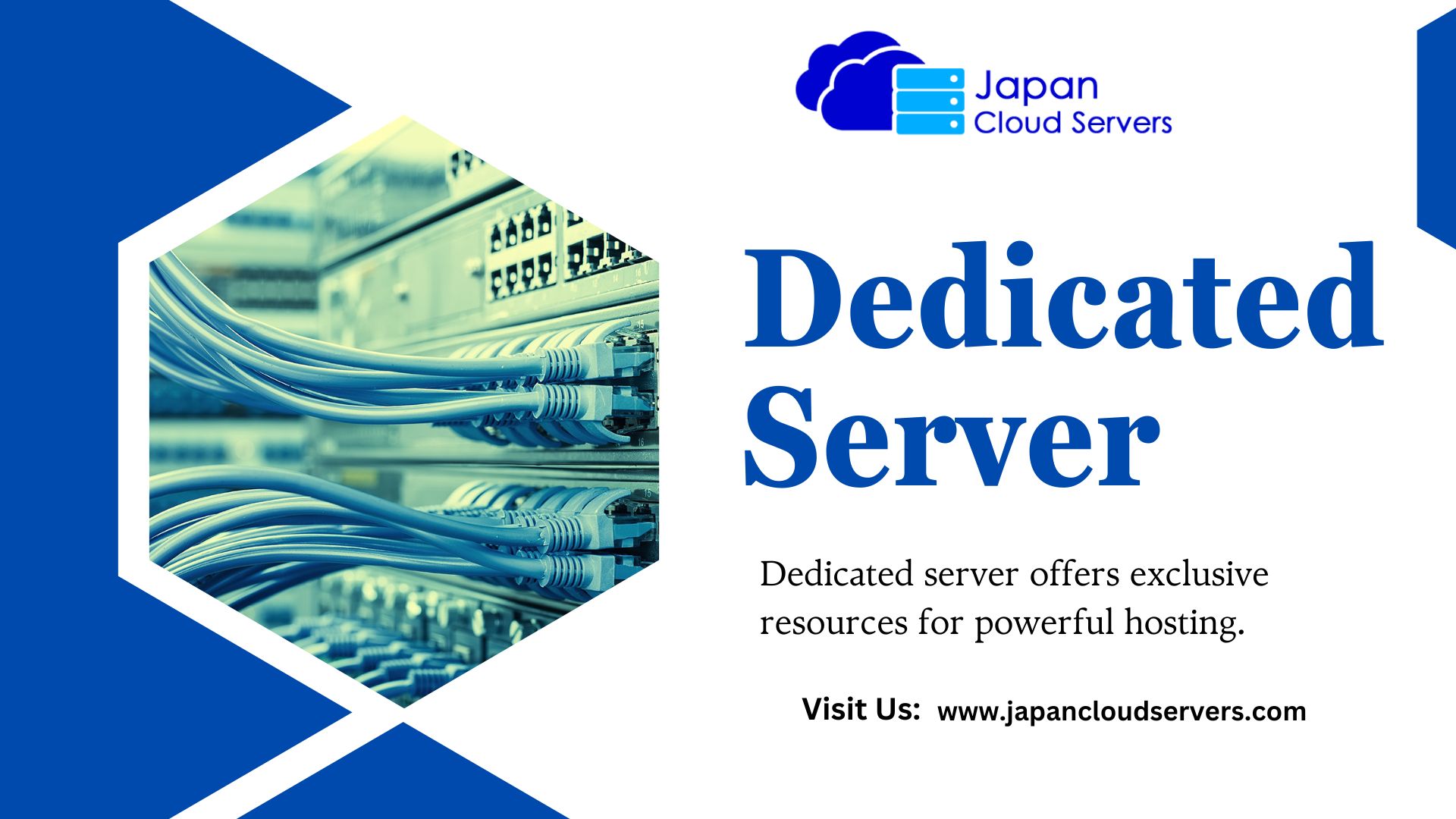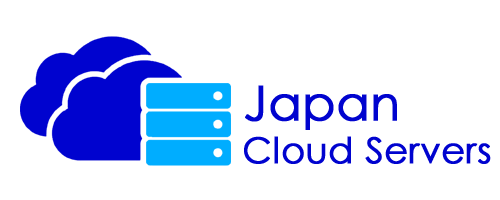
Businesses and individuals in today’s digital world require high-performance hosting solutions to meet their growing needs. A dedicated server is a powerful web hosting solution that provides users exclusive access to an entire server, ensuring superior performance, security, and reliability. This article explores everything you need to know about application of dedicated servers, including their benefits, use cases, features, and how to choose the right one.
What is a Dedicated Server?
A dedicated server is a physical server allocated to a single user or organization. Unlike shared hosting or Virtual Private Servers (VPS), where resources are divided among multiple users, a server offers complete control over CPU, RAM, storage, and bandwidth. This makes it ideal for businesses with high traffic, resource-intensive applications or specific security requirements.
Benefits of a Dedicated Server
- High Performance: Since all resources are allocated to a single user, dedicated servers provide faster load times and better overall performance than shared or VPS hosting. This is especially important for businesses that run high-traffic websites, gaming servers, or applications requiring significant processing power.
- Enhanced Security: Dedicated servers provide better security as they are isolated from other users. This minimizes the risk of malware, hacking attempts, and unauthorized access. Additionally, businesses can implement their firewalls, security protocols, and encryption to ensure maximum data protection.
- Full Customization and Control: With a dedicated server, users have complete control over server configurations, software installations, and security settings. This level of flexibility allows businesses to optimize their servers according to their specific needs.
- Reliability and Stability: It do not share resources, so they provide a more stable hosting environment. This ensures minimal downtime and guarantees that your applications and websites run smoothly without performance bottlenecks.
- Scalability: Dedicated servers can be easily upgraded to accommodate growing business needs. Users can increase RAM, storage, and processing power as required, ensuring seamless expansion without affecting performance.
Everyday Use Cases of Dedicated Servers
- Hosting High-Traffic Websites: Websites that receive many visitors need a dedicated server to handle the load efficiently dedicated hosting benefits from E-commerce websites, online news portals, and entertainment sites.
- Gaming Servers: Online multiplayer games require low-latency, high-performance servers to ensure a smooth gaming experience. Dedicated gaming servers offer the best performance and minimize lag.
- Enterprise Applications: Businesses use dedicated servers to host mission-critical applications such as CRM (Customer Relationship Management) systems, ERP (Enterprise Resource Planning) software, and financial applications that require high security and reliability.
- Data Storage and Backup: Dedicated servers can be used for secure data storage, allowing businesses to keep backups of critical files and databases. This ensures data availability and disaster recovery.
- Streaming Services: Streaming platforms like video-on-demand (VOD) services, online radio stations, and live broadcasting websites require powerful dedicated servers to handle large amounts of data transmission without buffering.
Key Features of Dedicated Server
- High-Performance Hardware: To ensure optimal performance, look for powerful processors (Intel Xeon or AMD EPYC), high-speed RAM, and NVMe SSD storage.
- Reliable Network and Bandwidth: A server should offer high uptime (99.99% or more), robust network connectivity, and unmetered or high-bandwidth options.
- Full Root/Admin Access: Ensure you get complete control over server configurations, software installations, and security settings.
- Advanced Security Features: To keep your data safe, look for DDoS protection, firewalls, malware scanning, and regular security updates.
- Scalability and Customization: Choose a server that allows easy upgrades of CPU, RAM, storage, and bandwidth as your business grows.
- 24/7 Technical Support: A reliable dedicated server provider should offer expert support around the clock to resolve any technical issues quickly.
How to Choose the Right Dedicated Server
Choosing the correct server requires carefully considering your needs and future growth potential. Identify your requirements for website hosting, gaming, enterprise applications, or data storage to determine the necessary server specifications. Compare hosting providers based on pricing, uptime guarantees, customer support, and additional features. Ensure the server offers high performance and scalability for future upgrades and advanced security measures to protect sensitive data. Additionally, consider whether you need a managed or unmanaged server and verify that 24/7 customer support is available to resolve technical issues quickly. 24/7 customer support is crucial for resolving technical problems quickly.
Conclusion
A dedicated server is an excellent hosting solution for businesses and individuals who require high performance, security, and customization. Whether running an e-commerce site, streaming platform, gaming server, or enterprise application, a server ensures reliability and seamless operations. By carefully evaluating your needs and choosing the right provider, you can maximize the benefits of devoted hosting and achieve optimal performance.
Frequently Asked Questions (FAQs)

